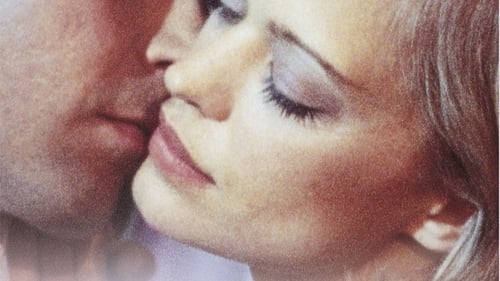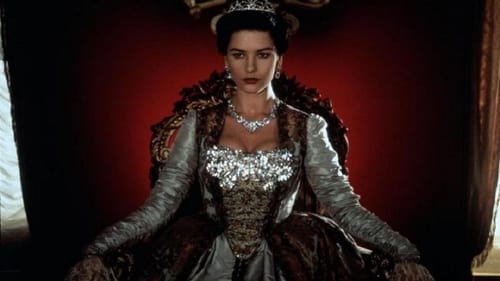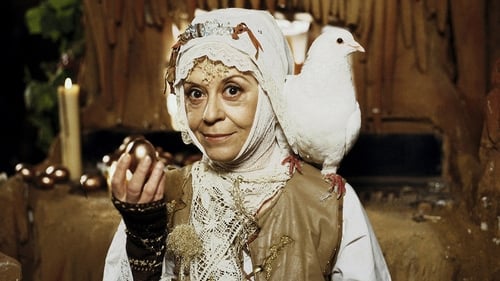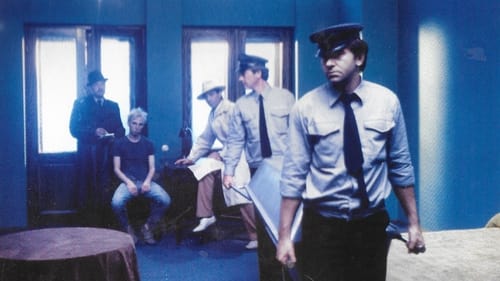
Art Direction
Kurt and Lydia are planning a relaxed vacation at the Gripsholm castle in Sweden . What Lydia does not know is that for Kurt, a well-known publicist, the journey is actually a flight from encroaching fascism and a direct threat from the Nazis.

Art Direction
Jan, a freelance journalist, and Sabine, the mother of his two children and a textile designer, have no money. Sabine is abandoned by her husband and then gets caught up in the bureaucracy.
A sober psychogram of a woman who is fighting and hoping for her life and everyday life.

Art Direction

Art Direction
Trapped in a loveless arranged marriage to the immature future Czar, a young German Princess proves a skillful political infighter and rises to become Catherine the Great.

Production Design

Art Direction

Art Direction
On June 28, 1914 Archduke Franz Ferdinand of Austria was shot to death in Sarajewo.
His assassination caused a chain of events that brought about World War I and the downfall of old Europe.
Who is the assassin?
Who is GAVRE PRINCIP, a man that fate brought into the center of world attention.
The subject of the film is not the historical background but rather the psychological makeup of PRINCIP at the age of seventeen.

Art Direction
The adaption of Arthur Schnitzler's brilliant study of the moral illusion and reality in a small town near Vienna at the end of the century. - After the famous radio adaption by Max Ophüls in 1954.

Art Direction
Psychological and sociological portrait of Camillo Castiglioni, the king of inflation, who became one of Europe's richest men in the twenties through speculation and war profiteering.

Art Direction
One of the main theses of the Marienthal study was that prolonged unemployment leads to a state of apathy in which the victims do not utilize any longer even the few opportunities left to them. The vicious cycle between reduced opportunities and reduced level of aspiration has remained the focus of all subsequent discussions.

Production Design
A fairy-tale about an old lady who takes care of snow and Jakub who does not fear death. It reflects the idea of people's longing for happiness, love and understanding, their effort to overcome troubles and win over death. It criticizes greed and evil desires.

Art Direction
Martin Powolny, a down and out actor, calls himself Tiger. He lives in a tree house and practices his characteristic yell. An offer to make a film and an air-travel ticket entice him into the big city of Vienna. The director hopes he can finance the film if Tiger plays the leading role. There is no screen story as yet. Running away from a mean nightclub owner, Tiger is hit by an automobile and lands in a hospital.

Art Direction
Beleaguered by choppy editing and potholes in the script, this story is about the bond that develops between an aging, former railroad worker living in an abandoned theater and Willie, the wayward, alcoholic architect he shelters (Elliot Gould). The flaws in the script and story development, and the architect's exaggerated character traits, work against the concept of a growing friendship between the two men and leave the main thrust of the film in limbo. A subplot has a gang of street thugs chasing Willie all over the city in order to retrieve some photos of a murder he accidentally recorded. At the same time, Willie is trying to reconcile with his son, left in the care of his neglected wife. ...

Art Direction
Felix, a young projectionist, daydreams himself out of the loneliness of his projection booth and into a fantastic universe in which the characters in the films become his own. His dreams, wishes and reality become one in the fuzzy reflection on the projection window. A surreal play by Peter Patzak.

Art Direction
Contemporary love story about the confrontation of French and Austrian culture.

Art Direction
A young man, the soldier and bachelor type, is looking for Anima - the eternal unattainable female who alternately appears as a virgin, harlot, mother, saint but also as a witch. In his illusions and visions made up of images which are multi-layered and ambiguous, Anima changes from a romantic ideal to a technically two dimensional duplicate which can be reproduced and is half woman, half sewing machine.

Art Direction
This two-part drama examines the fate of Haneke’s own generation which came of age after World War II. The first part depicts the generational gap between 1950s teenagers and their parents while the second shows this same group of characters twenty years later as they have grown up to be dysfunctional and suicidal adults. Regarded as the most significant of Haneke’s early works, Lemmings contains incipient treatments of many of the themes he would later elaborate on in his theatrical features.

Art Direction
This two-part drama examines the fate of Haneke’s own generation which came of age after World War II. The first part depicts the generational gap between 1950s teenagers and their parents while the second shows this same group of characters twenty years later as they have grown up to be dysfunctional and suicidal adults. Regarded as the most significant of Haneke’s early works, Lemmings contains incipient treatments of many of the themes he would later elaborate on in his theatrical features.













